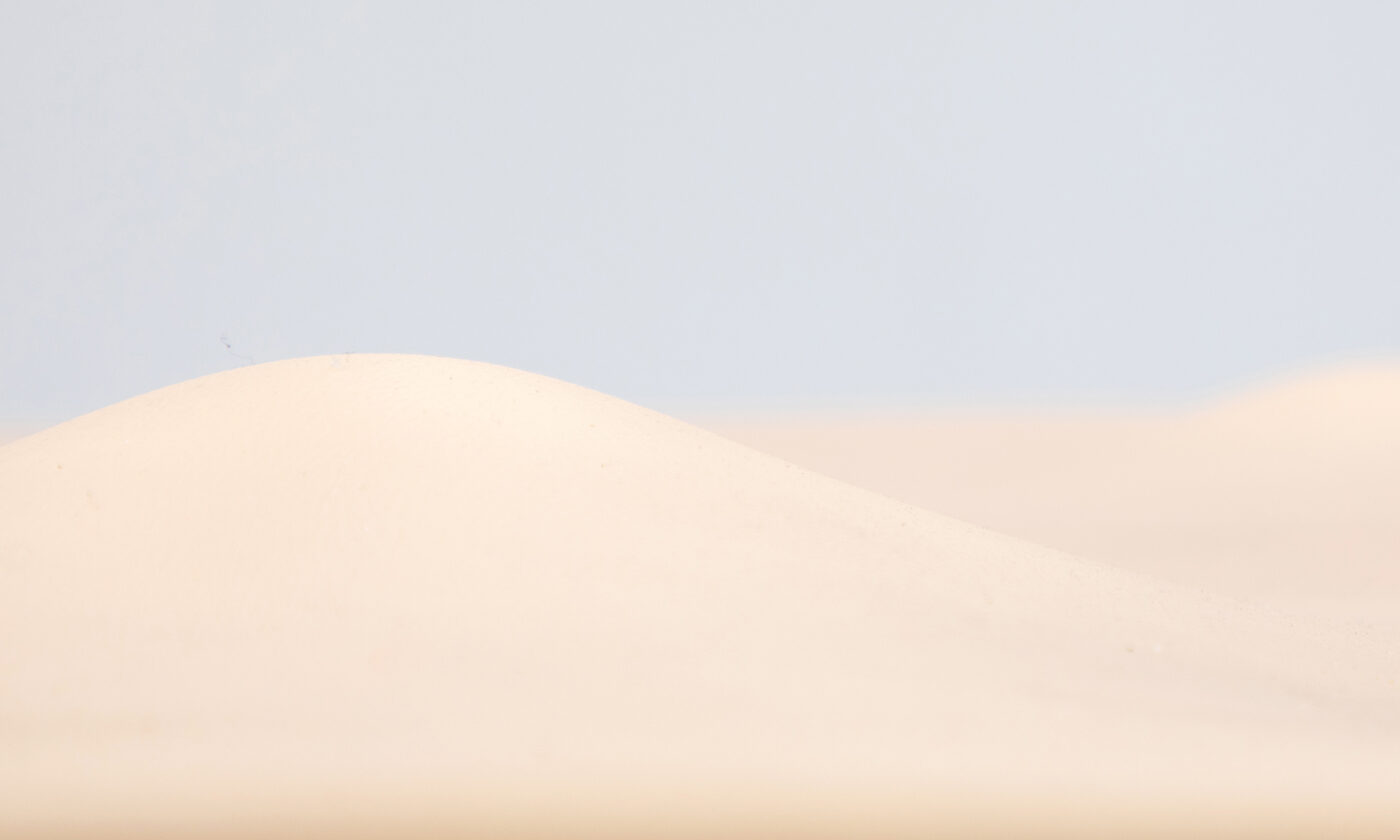
Diyar Mayil
Houseguest
09.08–10.08.2022
Room 2
09.08–10.08.2022
Room 2

Artist
Diyar Mayil
One of the defining issues of our times is the forced migration of individuals intensified by endless proxy wars, political conflicts, and environmental crises that are killing many and pushing many others to search for refuge in safer harbours. Artist Diyar Mayil focuses on this relationship between the guest (immigrant) and the host (nation). The hostility with which immigrants, refugees and asylum seekers are received in the West is well-known and has been laid bare by the many inhumane policies and treatment of individuals brought into refugee camps and immigrant detention centres alike or otherwise deported.
Mayil invites you into a space of tension and vulnerability. She asks you, its guest, to consider your positionality and relationship to home, land, nationhood, borders and to hosting. As a Kurdish Alevi immigrant from Turkey living on stolen lands in so-called Canada, Mayil thinks broadly about the concept of a home and what this term signifies when your very identity and existence both at home and in host lands are subjected to hostility, and violence. A home is only really a house if its inhabitants are forced or expected to leave at any time.
Yet the domestic environment is ever-more important when what lies just outside the perimeters of its walls reminds you that you are unwelcomed, or tolerated at best. The intimacy of a home, its relative safety, is a space where freedom of expression flourishes and where the flavours and scents that represent a lost home can be experienced again through the senses, rituals and traditions. It is also where the toll of the world is exposed and can be made manifest.
Mayil’s sculptures are corporeal household objects and furnishings that emulate sentient beings. Sitting Through is a table with flesh-like clay legs reddening at the tips, while a silicone “skin” covers its surface and reveals raised bumps, suggesting a state of discomfort and pain. Here Mayil uncovers the interiority of displacement and exposes the abrasions left on the body and soul. In Medicine Cabinet, the objects contained in the cabinet are forbidden from view by a silicon skin which holds on tight to its secrets and belongings, as though from within a belly and only displays an empty shelf to its viewer, in a poignantly dramatic gesture. In Guestbook, viewers can read the artist’s meditations on the themes and concepts at play in this body of work and where she reveals the importance of language and her mother tongue in the process of making meaning. She guides us through her work with these words: “Intuition is a very important part of my methodology. It gives me room to move; it gives the viewer room to come in. Despite being inspired by specific experiences; I want my audience to feel their own feelings in front of my work. A feeling that is about them rather than me.”
- Mojeanne Behzadi








